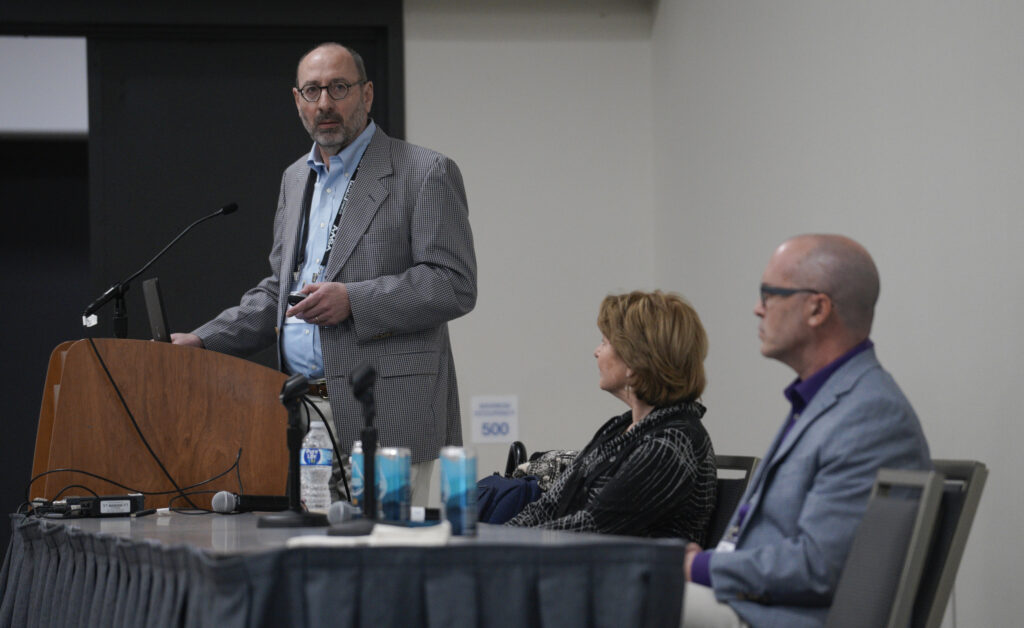How do superintendents lead when you have principals, teachers and parents who think some students belong while others do not belong in their school?
Schools are one of the only places that create spaces in which students with disabilities are segregated, noted Carol Quirk, founder and director of special projects at the Maryland Coalition for Inclusive Education, which consults with school districts across the country. There aren’t intentionally separate spaces elsewhere in a child’s community if they have a disability. Why should elementary and secondary schools be different?
How then do educators shift to a vision in which every child belongs in the same school as their same-age peers? How do we get school-based teams to see all children as belonging in general education, where some also receive additional services and support?
Three Illinois superintendents, all champions of inclusion, reflected on their experiences and offered successful strategies in dealing with this all-too-common challenge. It took place at a Saturday morning session at the AASA national conference in San Diego.
Want some of their insights? Quirk advised against creating inclusion classes or finding other ways to separate children into a labeled program. Kurt Schneider, superintendent of TrueNorth Collaborative 804, based in the northern suburbs of Chicago, said special education is a service, not a program or a location. He emphasized this is the case regardless of whether you’re in an urban, suburban or rural district.
Michael Simeck, superintendent of Deerfield Public School 109, talked about the importance of persistence and the willingness to take risks. Simeck cited his own experience in creating an inclusive experience both for his son and the two children of his school board president. In both instances, the children were included in classes in which they were challenged academically and expectations were high – and all thrived in their learning and socially.
What is the impact of exclusion and segregation? Schneider painted a picture in which students are tracked and marginalized, experience a fragmented day and have less rigor and content in their classes. He further noted that exclusion puts extra stress on the general educator, who needs to manage schedules and work harder to support the transfer of what a student is learning elsewhere back to their classroom. One conclusion: Separate is never cheaper.
Both Schneider and Simeck have seen an increase in the number of students who spend at least 80 percent of their day in general education and a decrease in the number of students in separate programs.
What else have these school leaders learned? Kelly Tess, superintendent of Winnetka Public Schools District 36, who joined via a recording, noted it’s critical that inclusion not be seen as being synonymous with the superintendent’s vision. Everyone needs to own it and acknowledge that everyone benefits.
Quirk emphasized the importance of having an inclusive mindset, so that anytime a child is removed from his or her inclusive general education setting for safety or some other reason, there is a plan for them to return as quickly as possible.
Should you create an equity committee? Simeck warned against it, as it removes ownership from the whole school community.
All panelists stressed the importance of looking at leadership at all levels, seeking people who are curious and willing to try new things. Their conclusion: You don’t have to be in charge to make a difference.
(Rebecca Salon is a consultant on disability issues in Silver Spring, Md., and a reporter for Conference Daily Online.)


